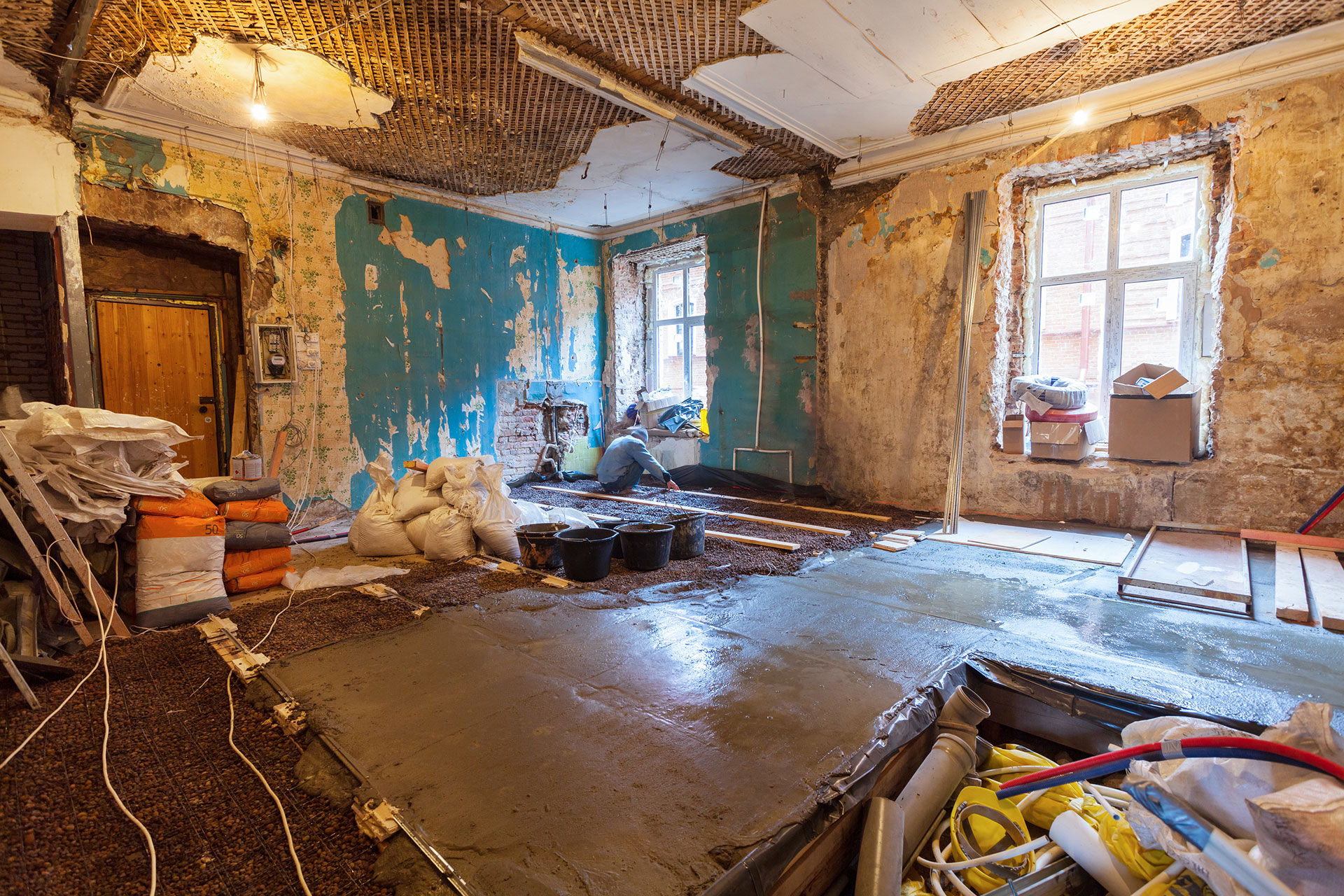Is All Mold Toxic?
The growth of mold inside commercial buildings and even inside residential homes is actually quite common, according to the Centers for Disease Control and Prevention. This is one fungus that thrives wherever there is moisture, making it an enthusiastic fan of bathrooms, HVAC systems, ductwork and even kitchens. Mold may form inside your air conditioner, along walls in rooms where there isn’t proper ventilation, and it can be hiding under cracked grout in your flooring. A leaky roof can spur the growth of mold inside ceiling tiles, so can improperly installed rain gutters. For the most part, this type of mold, while not ideal, won’t kill you, but it can cause health problems. You should always take care to safely remove any small areas of mold you come across. And it’s always prudent to do what you can to prevent mold growing. Mold, itself, is not toxic, though it’s often … Continued


